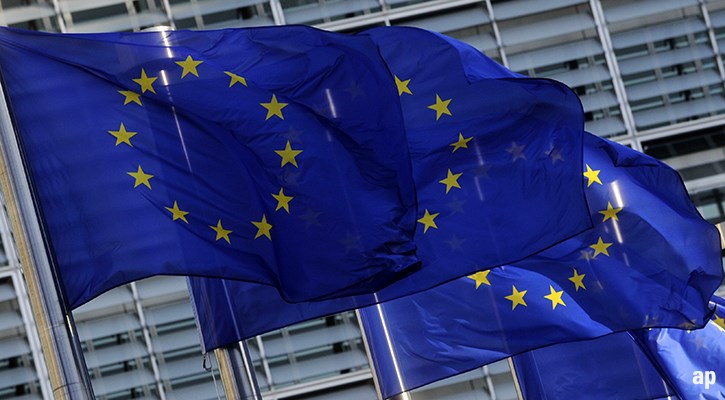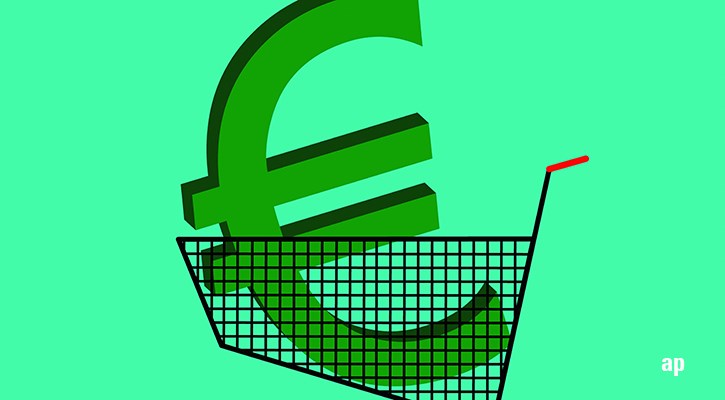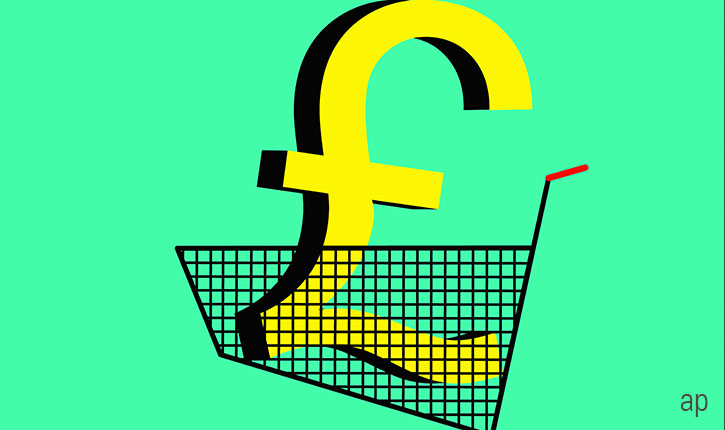
Smaller companies’ funds maintained their 2021 winning streak in April, according to the latest Morningstar data, with European funds leading the charge. The worst 10 performers last month were either Japan or India funds, the latter country dealing with a lethal second wave of coronavirus. Overall stock market conditions were generally benign in April, with low volatility and high commodity prices boosting cyclical stocks.
While the Eurozone has just gone into a double-dip recession as the economic fallout from the coronavirus continues, a European smaller companies fund was the best performer under Morningstar coverage last month. Silver-rated Aberdeen Standard European Smaller Companies, just sneaked into the top spot with a gain of 9.7% in April. The €1.5 billion fund has a 52% weighting towards the Eurozone, a 14% allocation to countries outside of the currency bloc, and a 33% weighting towards the UK. Top holdings include UK-listed asset management firm Intermediate Capital (ICP) and Finland retail conglomerate Kesko (KESKOB). “An experienced small-cap manager applying a proven process to a European opportunity set makes SLI European Smaller Companies a strong choice in the space,” says Morningstar analyst Samuel Meakin.
Nordea’s Nordic Equity Small Cap fund was a close second last month with a gain of 9.4%, following up from 2020’s impressive 37% return. Like the Aberdeen Standard fund, the Nordea fund has a Morningstar Analyst Rating of Silver, but it has a much smaller weighting to Eurozone countries of 26%, with non-Eurozone nations making up 73% of the portfolio. European funds are well represented in the top 100 best performers for last month.
Two UK smaller companies funds make it into the top 10, Gold-rated ASI UK Smaller Companies with a gain of 8.5%, and Silver-rated BlackRock UK Smaller Companies, which rose 8% in April and is up more than 14% in 2021 so far. But it is wasn’t all one way traffic for smaller companies funds – tech-focused T Rowe Price Global Tech, with top holdings including 2020 winners Zoom (ZM) and Amazon (AMZN). Two funds that gained around 75% last year, making them the third and fourth best performers in 2020, were Baillie Gifford Worldwide Discovery and Baillie Gifford Global Discovery. These two tech-heavy funds have Silver Ratings, and posted gains of 8% in April, but have endured different fortunes in 2021 as global investors favour value and recovery stocks over tech giants: the Worldwide Discovery fund is down nealy 10% in the year to date, but the Global Discovery fund is around 0.2% lower so far in 2021.
India and Japan Funds in the Bottom 10
More than 50 funds were in negative territory last month out of a group of nearly 800 Morningstar rated funds. In the bottom 10 performing funds, Japan made up six and India represented four funds, a rare occasion when country-specific funds dominated the list. Gold-rated FSSA Indian Subcontinent is the highest rated fund in this cohort. But Silver-rated Aberdeen Standard Indian Equity was the worst performer with a loss of 4.5%, while Invesco Japanese Equity Advantage was in second place with a loss of 3.9%. The ongoing battle with Covid-19 remains central to how emerging markets are perceived by investors: Latin America was one of better performing regions in April after a torrid 2020 amid hopes that infection/death rates may have peaked. But India, which until very recently appeared to be on top of the deadly virus, has plunged back into crisis – with vaccination rates significantly below those of the developed world.
Why have funds focused on Japan, one of the more resilient countries last year, found themselves at the bottom of the pile in April? Recent moves by the Bank of Japan, which has been a large buyer of Japanese equities in previous months, may provide the answer. The BoJ is gradually stepping away from equity purchases, says Hendrik Tuch, head of fixed income Aegon Asset Management, which previously had a target of ¥6 trillion (£39 billion). “Considering that the BoJ has amassed about 7% of the total Japanese stock market through its purchases, we should not underestimate the effect of a cap on this buying programme on future Japanese equity returns,” Tuch says.
“Due to its continuous control of the Japanese financial markets, the BoJ will need to buy fewer equities and bonds going forward, as it firmly keeps the option open to increase these programmes if more support is needed.”




























